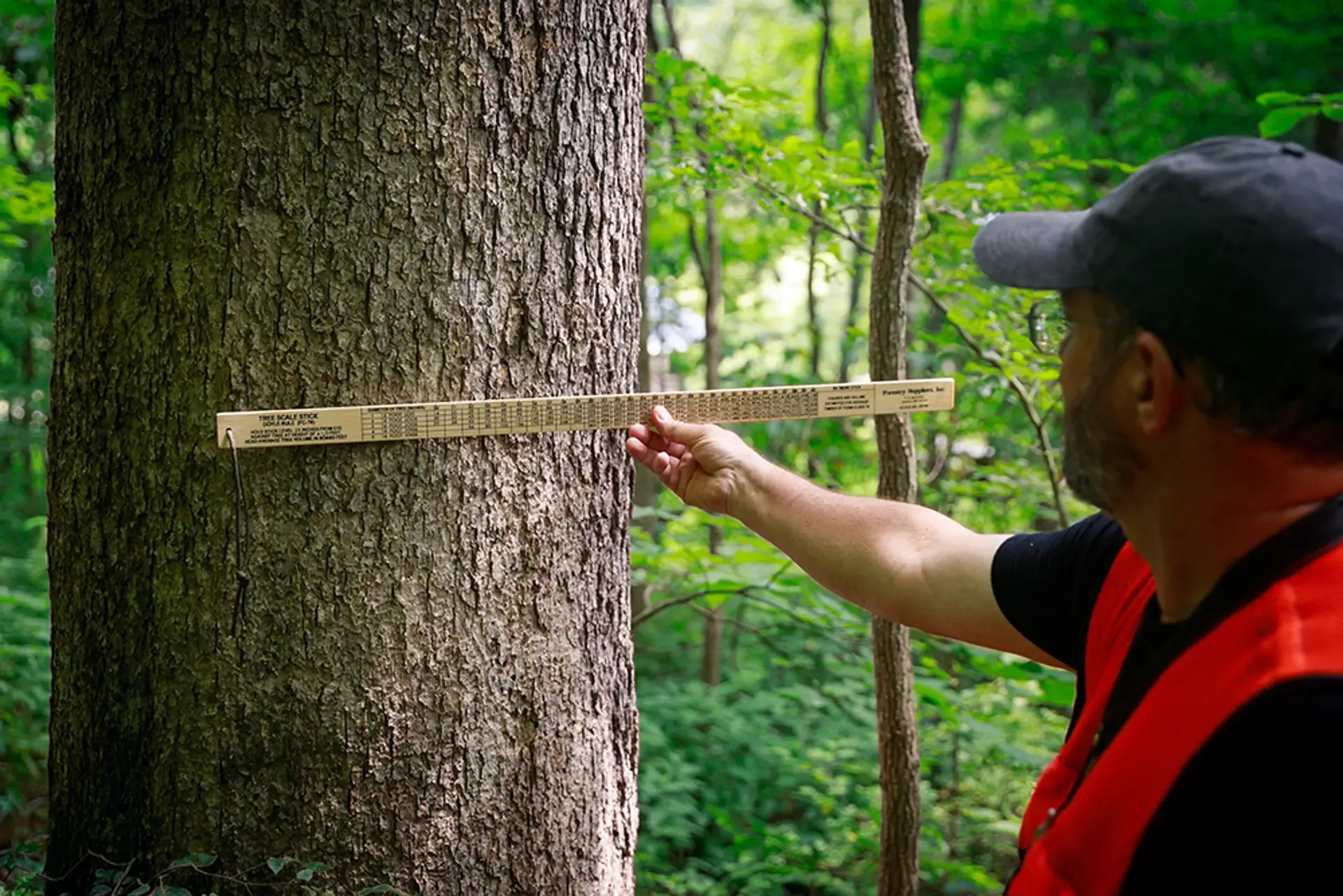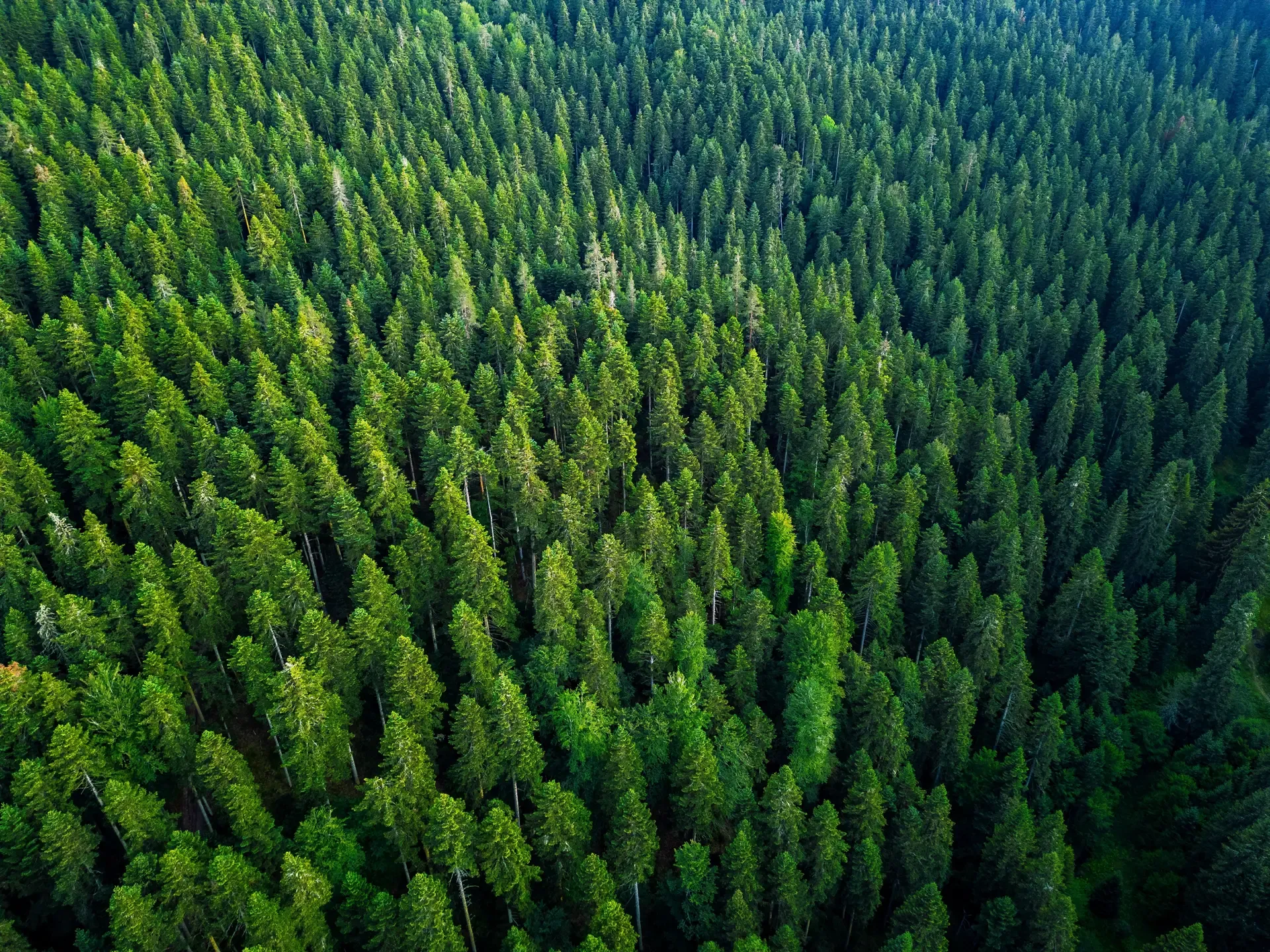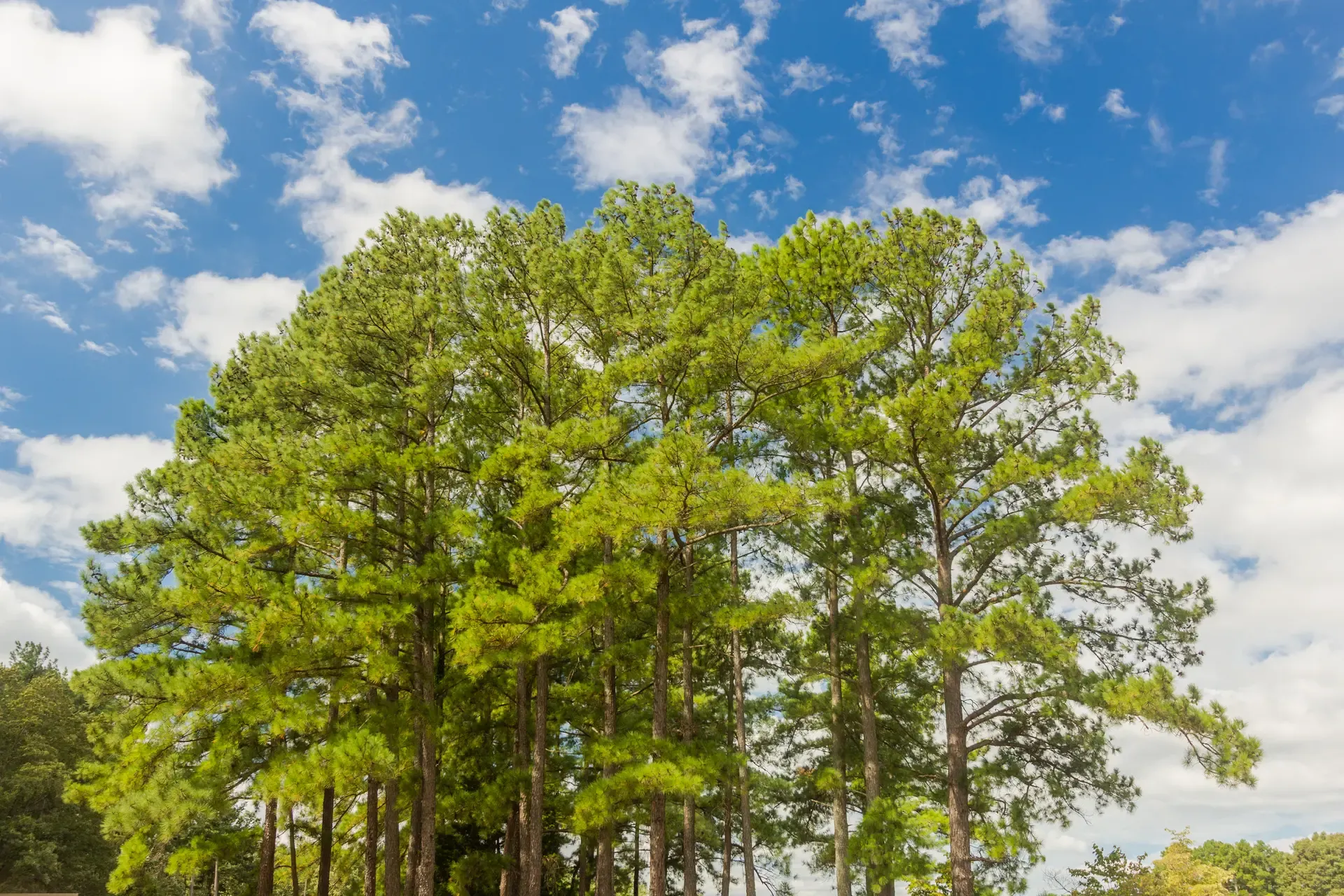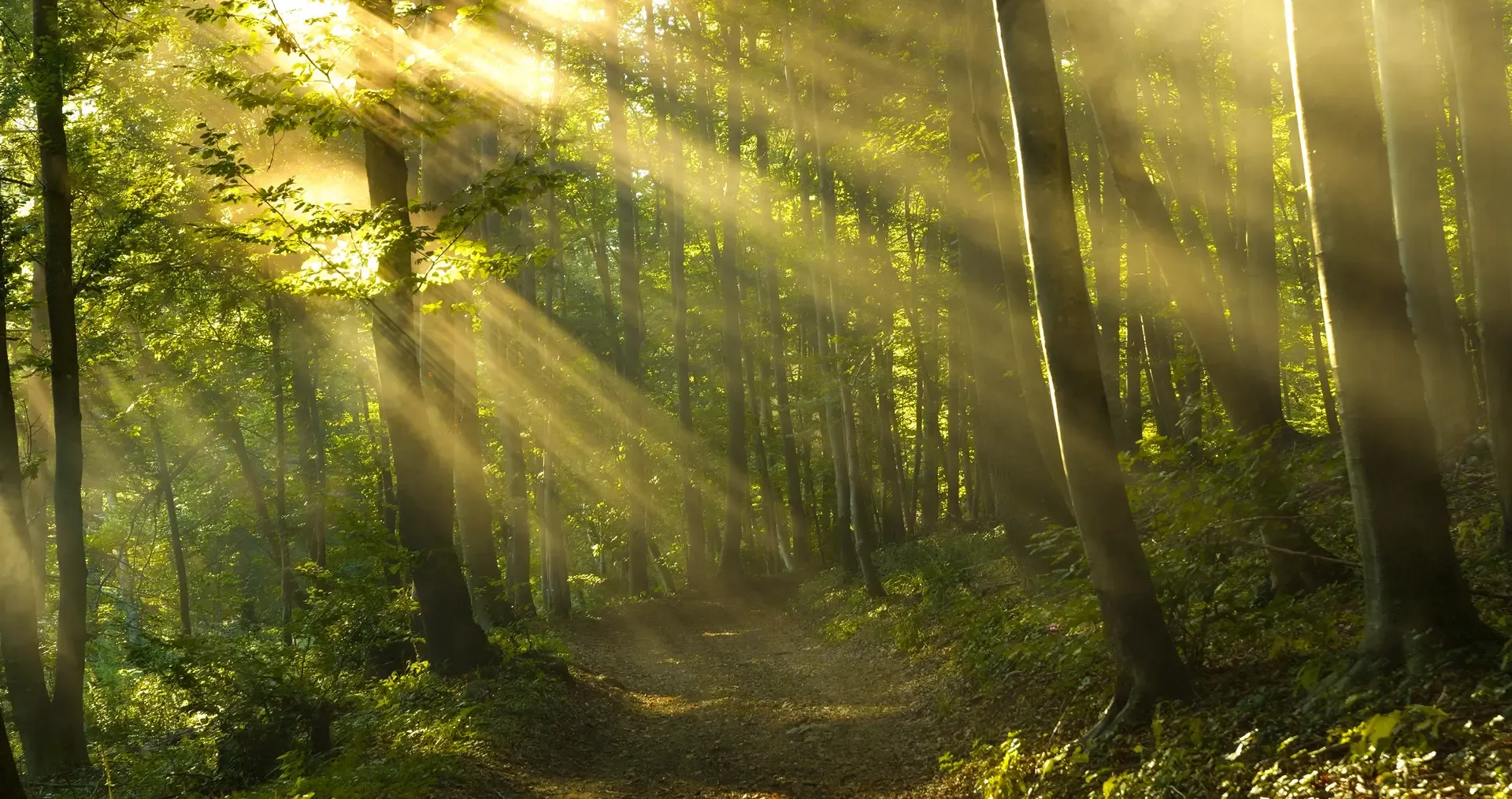White Oak Initiative Releases Critical Action Plan to Reverse Decline of America’s White Oak Forests

Developed by the American Forest Foundation & the University of Kentucky, Report Urges Industries, Policymakers, Conservation Organizations & Landowners to Work Together to Step Up Efforts to Support White Oak Sustainability
WASHINGTON, DC (November 16, 2021)—The White Oak Initiative, a diverse coalition of partners committed to the long-term sustainability of America’s white oak forests, today announced the release of Restoring Sustainability for White Oak and Upland Oak Communities: An Assessment and Conservation Plan, a science-based report that details the current state of America’s white oak forests and recommends a practical plan of action to avoid their decline. American white oak is a tree species currently occupying more than 104 million acres of public and private forestland across much of the eastern and central United States. Not only do white oak forests support extensive plant and animal biodiversity, white oak is the most commercially important timber oak, generating billions of dollars annually and supplying necessary material to industries such as furniture, flooring, cabinetry, and wine and spirits. “The White Oak Initiative Assessment and Conservation Plan is a great example of what can be achieved when public and private agencies, stakeholders and resource professionals band together with a common purpose,” said Regional Forester Ken Arney with the U.S. Forest Service Southern Region. “We are pleased to be part of this first-time effort to address management activities across the range in a manner that supports, improves and accelerates the cumulative success and positive outcomes associated with oak sustainability.” According to the new report, shifts in land management and ecological changes throughout much of the white oak range are resulting in an increase of competing species establishing themselves in white oak forests. These competing species, most notably maples and beech, are shading out white oak trees and preventing them from regenerating. As a result, older white oak trees are not being replaced by younger white oak trees at a pace that will support long-term sustainability. The report also highlights the importance of other challenges such as invasive insects and diseases, climate change and behavior change. Without swift intervention today, the report cautions, the American white oak population will begin to decline significantly within the next 10 to 15 years, with more extreme declines over the next several decades. “This report offers a thorough, evidence-based assessment of the dire state of American white oak forests but also presents a hopeful and achievable path forward,” said Melissa Moeller, director of the White Oak Initiative. “I’m beyond proud of the collaboration among our dedicated partners for putting forth such clear recommendations. It’s evident from the research that the challenges facing our white oak forests are huge and the solutions needed are bigger than what any one organization can accomplish. It will take collective action now to ensure white oaks’ economic, ecological and social benefits for generations to come.” Directed by the White Oak Initiative steering committee, and developed by the American Forest Foundation and the University of Kentucky, Restoring Sustainability for White Oak and Upland Oak Communities: An Assessment and Conservation Plan features data from a regional spatial analysis study and a recently conducted family forest owner survey. It also identifies 10 specific recommended forest management practices that will provide sustainability benefits for oak forests with a focus on white oak, including appropriate harvesting techniques and other practices used to improve regeneration and vigor of oaks. In order to restore the long-term sustainability of America’s white oak forests, and maintain the economic, social and environmental benefits they provide, we need active, cross-boundary collaboration, participation and support from industry, resource professionals, policymakers, landowners and others who can align knowledge and resources behind the recommended forest management practices, before it’s too late. For more information, including detailed data and the full list of recommended forest management practices and next steps, please review the full report which can be found on the White Oak Initiative’s website. Contact: Alyssa Oliveri; (202) 277-7074; alyssa@alyssaoliveri.com
About the White Oak Initiative Founded in 2017 by the University of Kentucky, the DendriFund and the American Forest Foundation, the White Oak Initiative brings together industries, universities, state and federal agencies, private landowners, conservation organizations and trade associations that are committed to ensuring the long-term sustainability of America’s white oak forests as well as the economic, social and environmental benefits they provide. About the American Forest Foundation The American Forest Foundation is a national conservation organization that works with a broad coalition of partners to empower family forest owners to make a meaningful conservation impact in carbon sequestration, wildfire mitigation, wildlife protection, clean water, sustainable wood supplies and support for rural communities.
Related Articles

July 3, 2025
AFF CEO Statement on Passage of Reconciliation Bill
Federal support of family forest producers, through tax provisions and conservation programs, provides some of the tools they need to strengthen local economies while improving the health and productivity of our nation’s woodlands.

June 3, 2025
Why Wildlife Loves Loblolly—And How These Pines Can Benefit Your Land
A quiet stretch of pine trees can offer more than just scenery—it can provide vital habitat for wildlife across every season. Loblolly pine, the most common native tree species in the Southeast, plays a particularly important role in creating habitat for a wide variety of game and non-game species, from wild turkeys and rabbits to songbirds and squirrels.

May 28, 2025
New Report Details Innovative Approach to Permanence for Natural Climate Solutions
The American Forest Foundation released today “A Trust for Permanence: Enabling a New Generation of Permanent Nature-Based Credits in the Voluntary Carbon Market,” a new concept paper that details an innovative approach to ensuring the quality and integrity of credits produced through natural climate solutions (NCS).